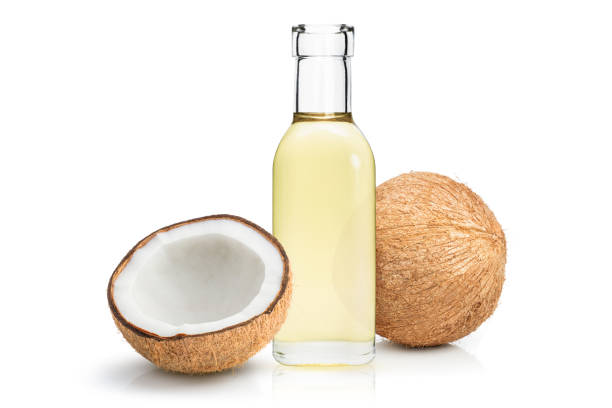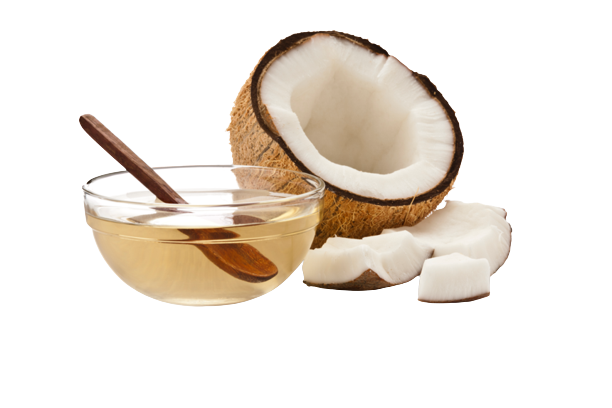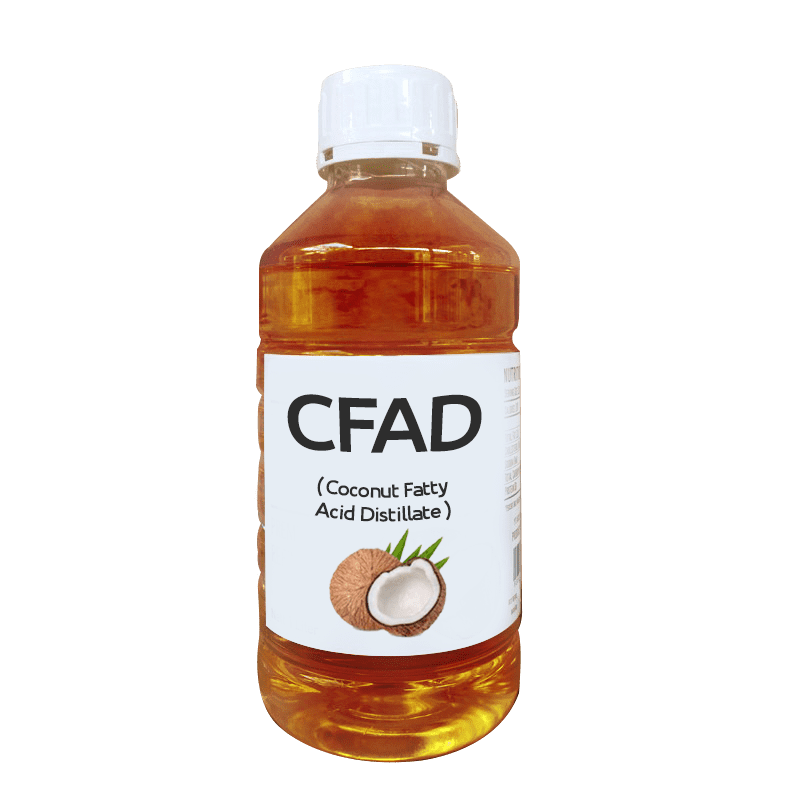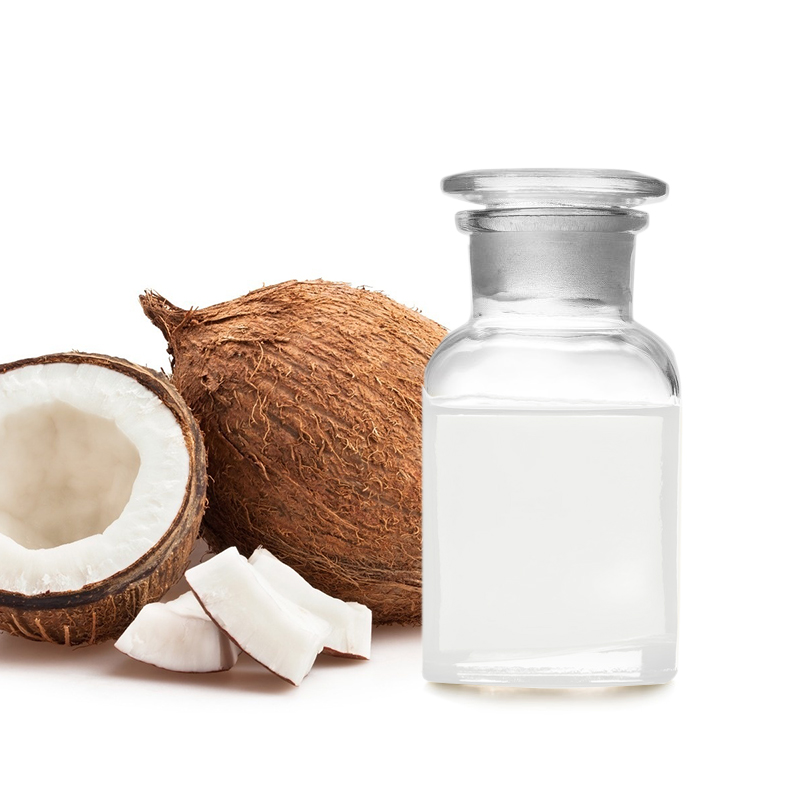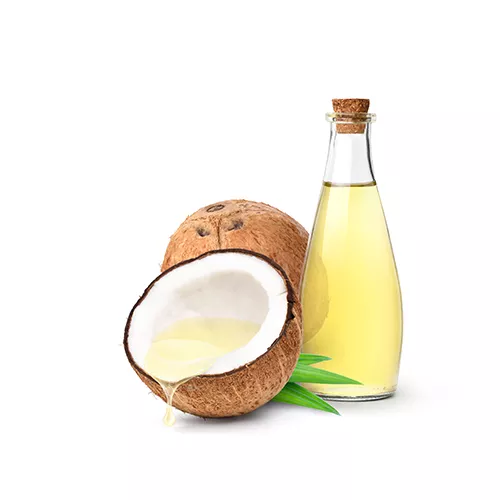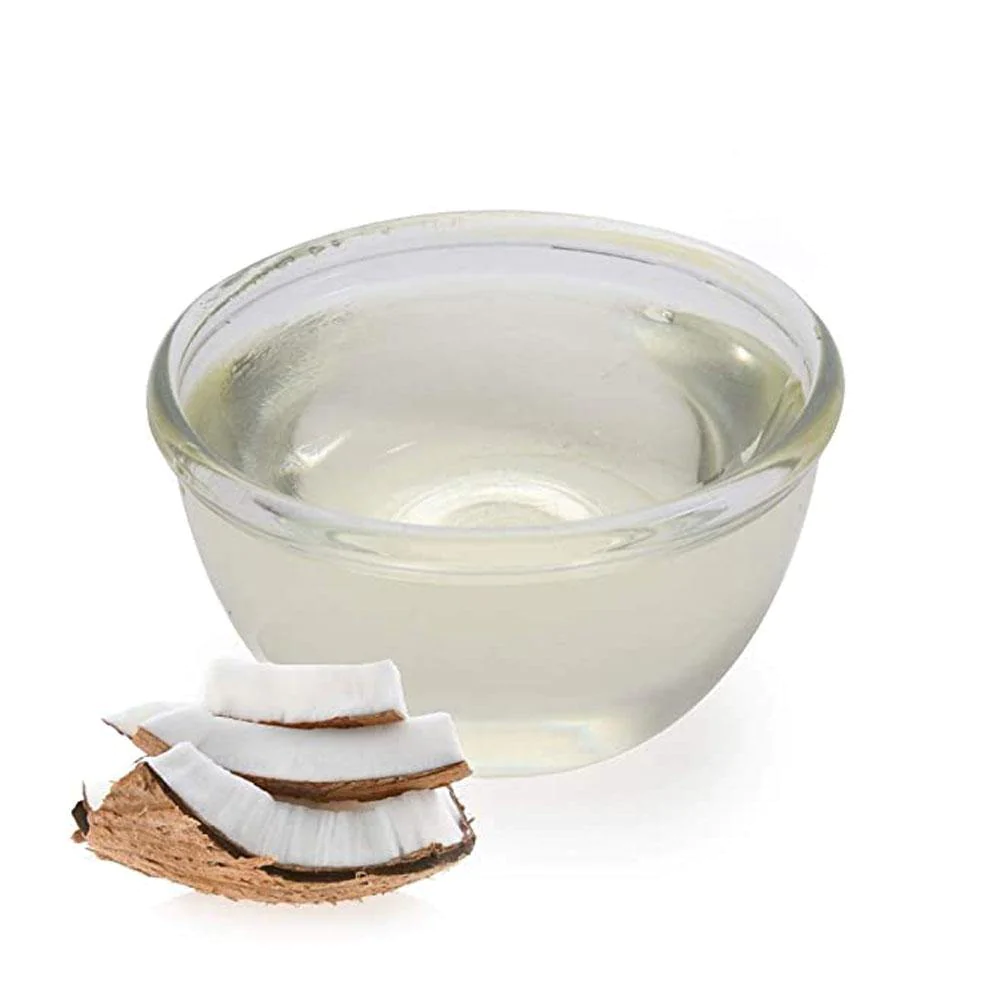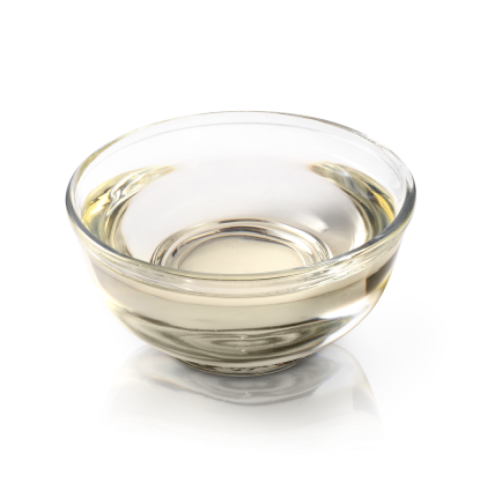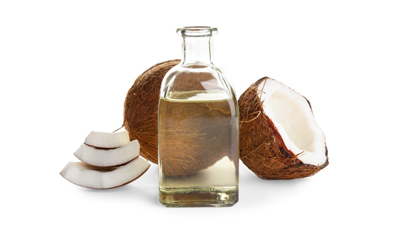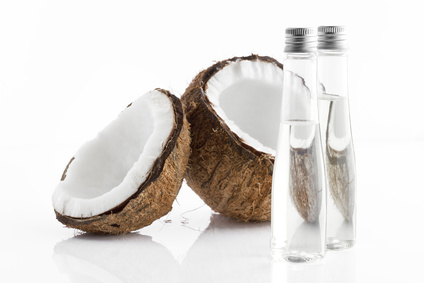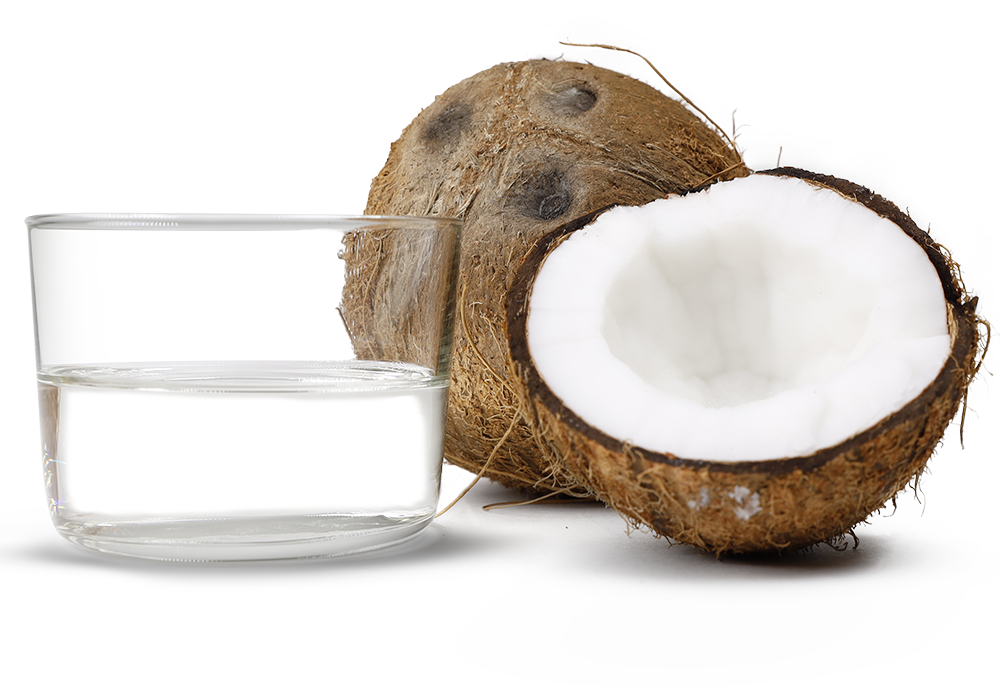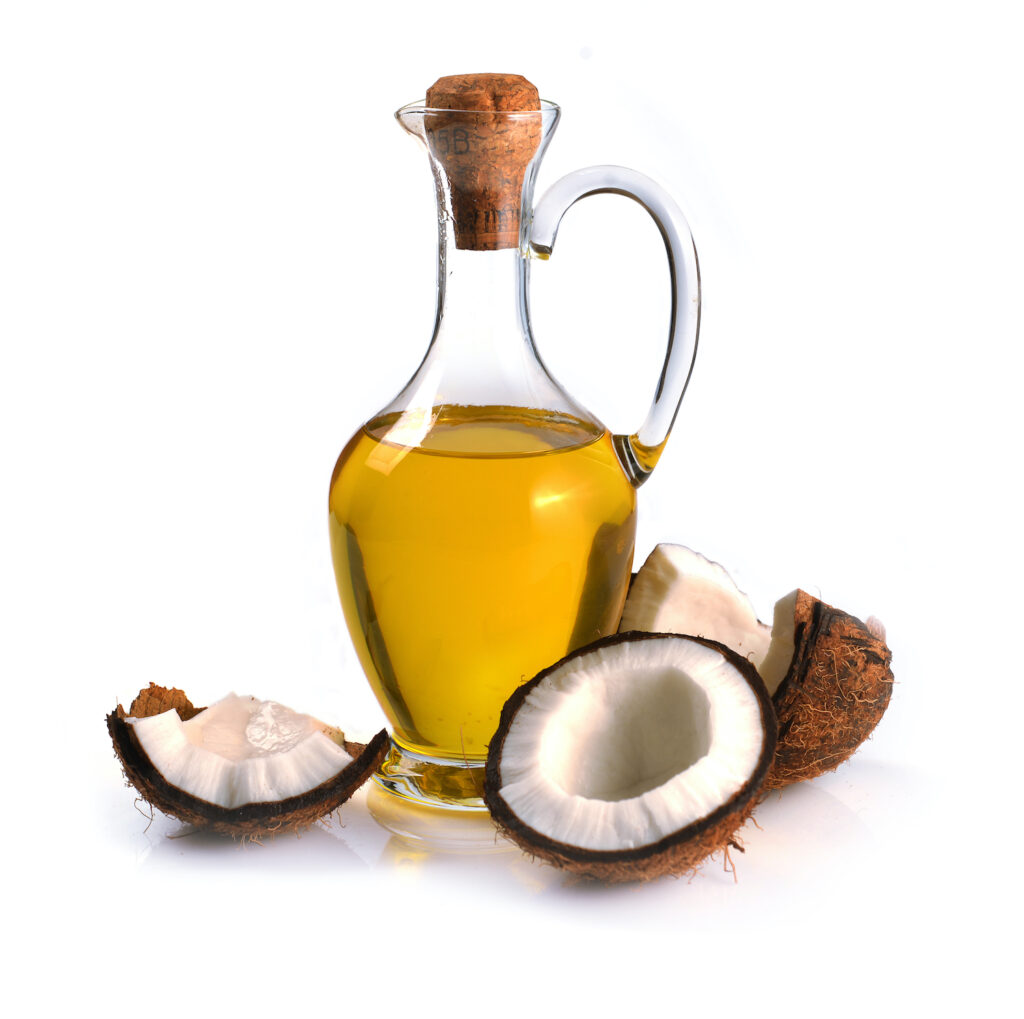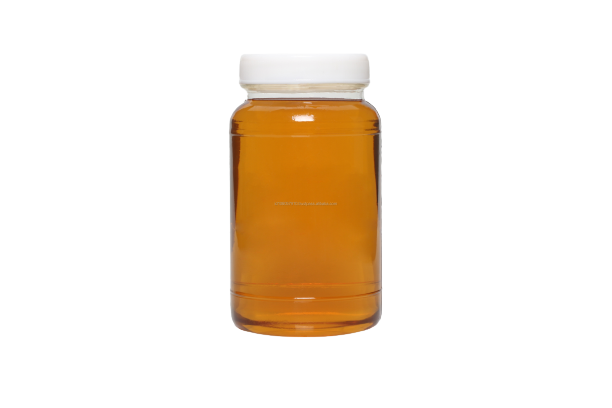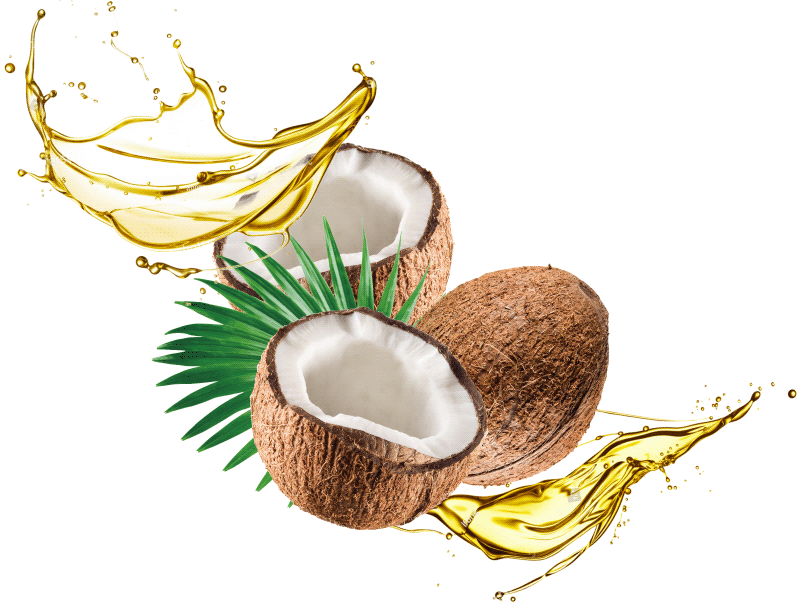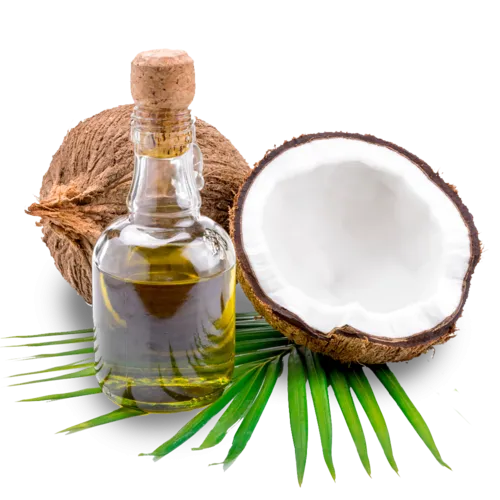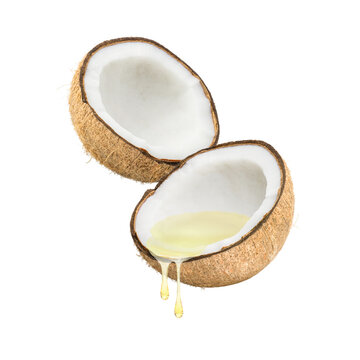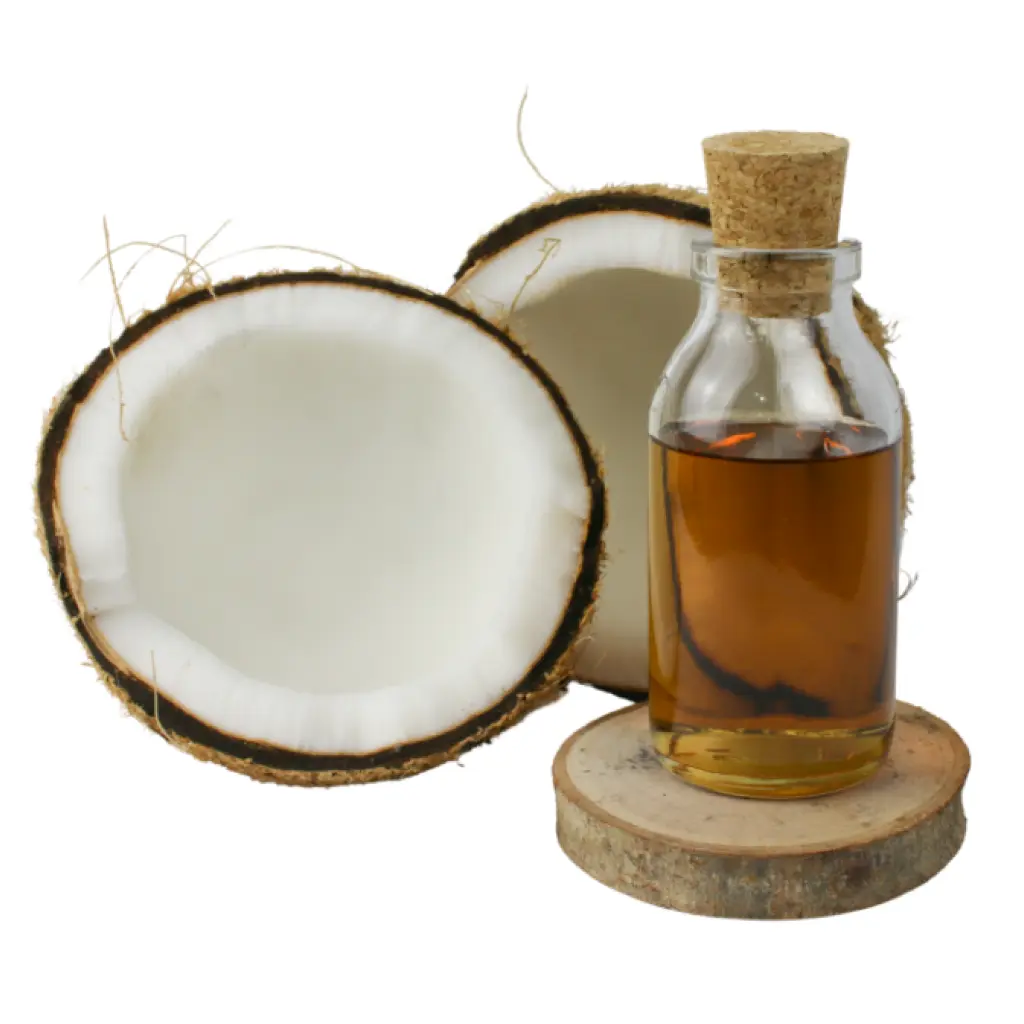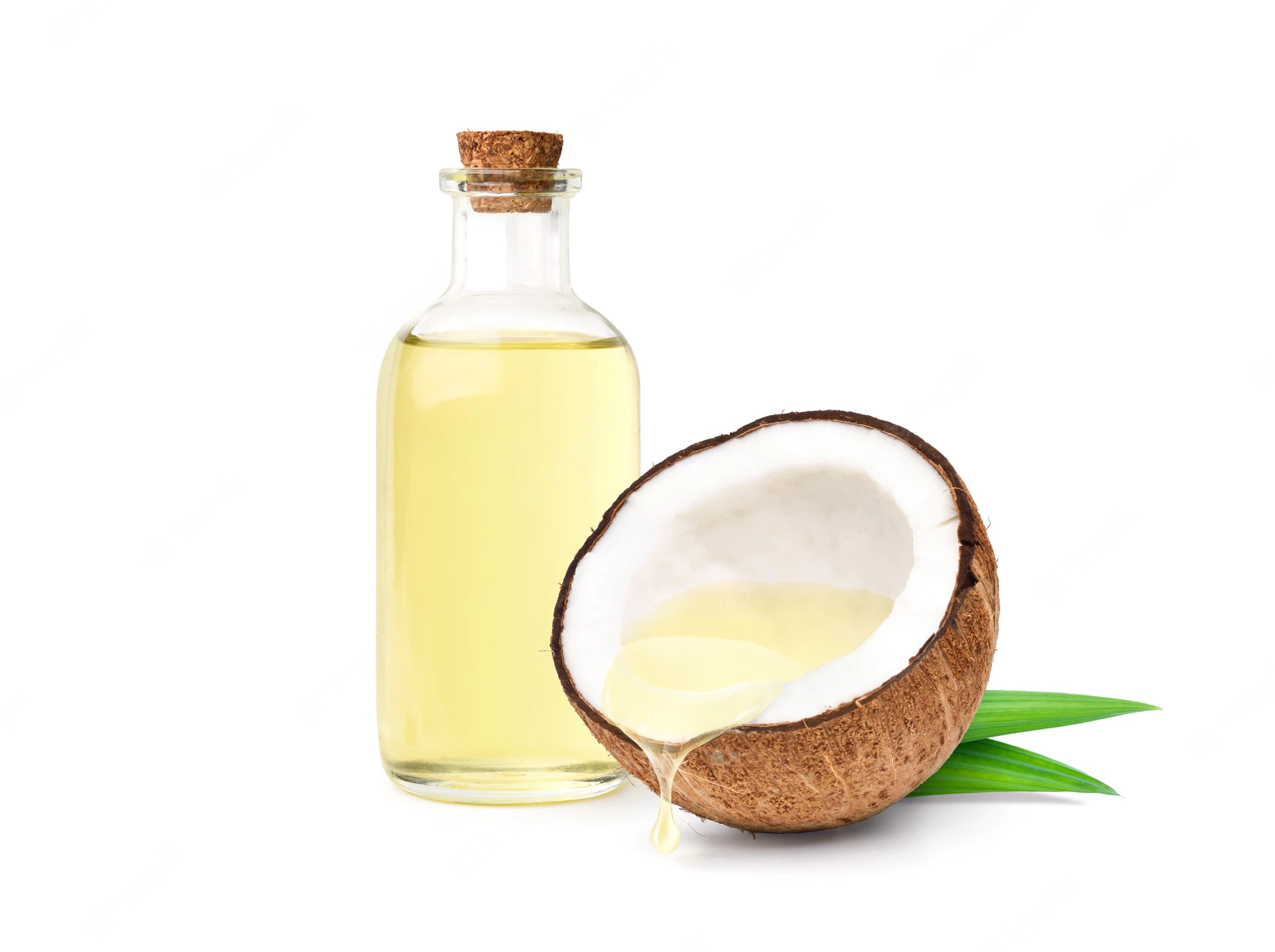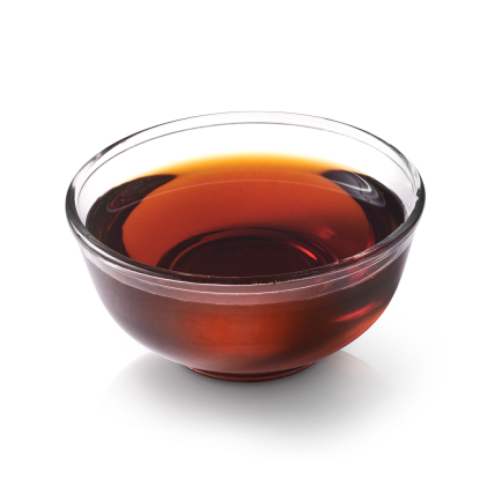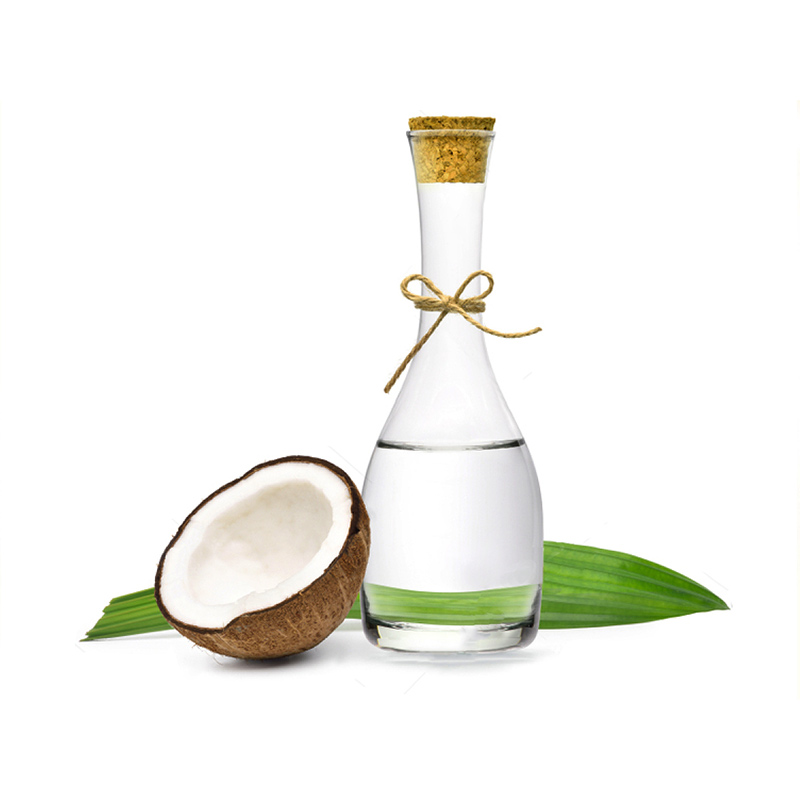5 Benefit Coconut Oil
1. May boost skin health
Coconut oil has many uses that have little to do with eating. Many people use it for cosmetic purposes to improve the health and appearance of their skin.
Studies show that coconut oil can boost the moisture content of dry skin. It may also improve the function of the skin, helping prevent excessive water loss and protecting you from external factors, such as infectious agents, chemicals, and allergens
In fact, a recent study determined that applying 6–8 drops of virgin coconut oil on your hands and leaving it overnight may be an effective way to prevent dry skin caused by frequent use of alcohol-based hand sanitizers
It may also reduce the severity of mild to moderate symptoms of atopic dermatitis, a chronic skin disease characterized by skin inflammation and defects in skin barrier function
2, A good antioxidant source
Coconut oil is a good source of antioxidants, which help neutralize damaging molecules called free radicals. This, in turn, helps ward off several chronic and degenerative diseases.
Some of the main types of antioxidants in the oil are
- tocopherols
- tocotrienols
- phytosterols
- flavonoids
- polyphenols
Antioxidants in coconut oil confer it with potential anti-inflammatory and brain-protective effects.
One study also suggests the possible role of coconut oil, particularly the MCT lauric acid, in reducing secondary diabetic complications
3. May have antimicrobial effects
Coconut oil has antimicrobial and antifungal properties due to its MCT content — specifically, lauric acid
Lauric acid is a fatty acid that makes up about 50% of the MCTs in coconut oil.
Research suggests it may have antimicrobial effects against disease-causing microorganisms, such as:
- Staphylococcus aureus
- Streptococcus mutans
- Streptococcus pyogenes
- Escherichia coli
- Helicobacter pylori
Studies show that lauric acid may act as a bacteriostatic agent. This is a substance that prevents bacteria from multiplying without killing the bacteria.
It may also act as a bacteriocidal agent, which destroys some bacteria.
In addition, it may also inhibit the growth of microorganisms that are harmful to plants.
4. May work as a quick source of energy
The MCTs in coconut oil provide a quick supply of energy.
When you eat long-chain triglycerides (LCTs), the fat molecules are transported through your blood to tissues that need them, such as muscle or fat tissue.
On the other hand, MCTs go straight to your liver and become a rapid energy supply in much the same way as carbs — your body’s preferred source of energy.
In fact, MCTs have been long used in sports nutrition products for athletes who need a source of energy their body can absorb and use fast.
5. May encourage fat burning
Coconut oil is a rich source of medium-chain triglycerides (MCTs), a type of saturated fat.
In general, saturated fats are divided into three subgroups, each of which has different effects in your body. These subgroups are:
- long-chain
- medium-chain
- short-chain
Scientists are studying medium-chain triglycerides (MCTs), including those found in coconut oil, for their potential health benefits.
For instance, some evidence shows that consuming MCTs may increase the number of calories your body burns. In doing so, it may help promote weight loss.
Since the fats in coconut oil are 65% MCT, it may have fat-burning properties that are similar to pure MCT oil.
However, there’s currently no good evidence to say that eating coconut oil itself will increase the number of calories you burn.
In fact, studies on MCT’s weight loss potential even call for caution when interpreting results because larger and higher-quality studies are still needed.
While MCTs may increase how many calories you burn, keep in mind that coconut oil is very high in calories and can easily lead to weight gain if you consume it in large amounts.

.svg)
.svg)

